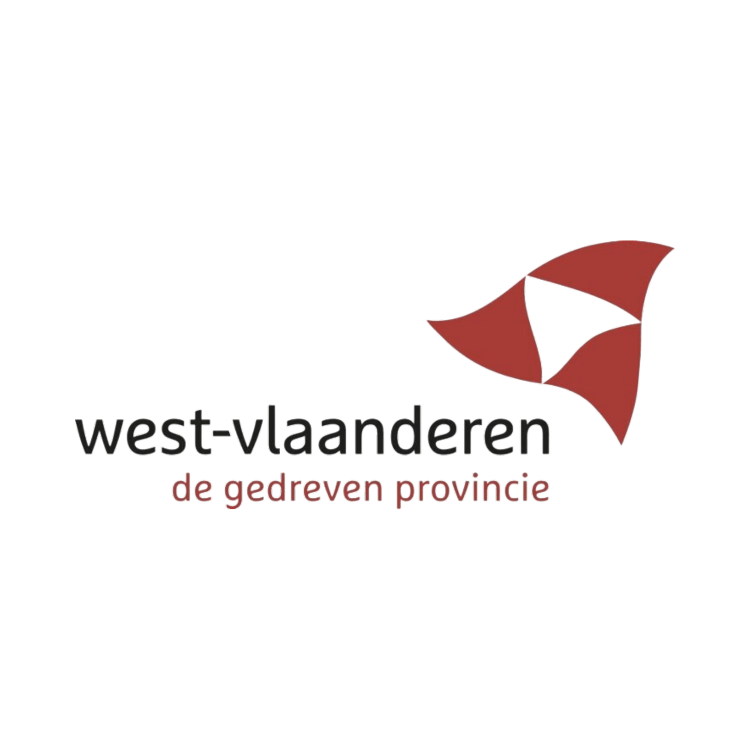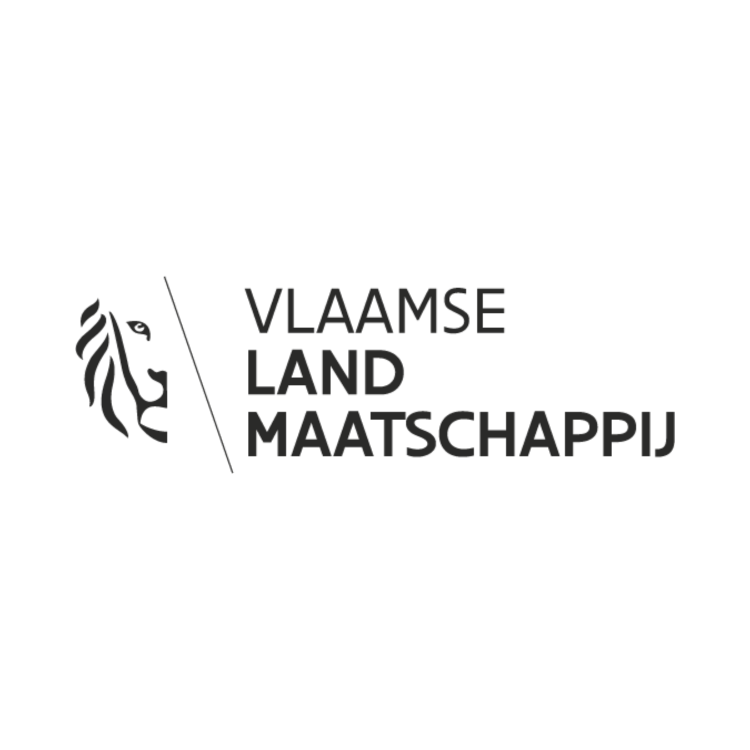
West-Flanders Region
The West-Flanders Province covers the entire length of the Belgian coastal line. Some major cities within the region are Bruges, Ostend, Kortrijk, Ypres and Roeselare. It is one of the 10 provinces that cover Belgium and has 1.2 million inhabitants. West-Flanders combines dense urbanization with rural regions, which include large areas of intensive farming. It also holds several important Natura 2000 areas, like the Zwin reserve.
Facts and Figures

74% of the province’s territory consists of arable land, grassland and agricultural infrastructure.
![5[1]](https://nbracer.eu/wp-content/uploads/2023/12/51-1.png)
![1[1]](https://nbracer.eu/wp-content/uploads/2023/12/11-3.png)
![2[1]](https://nbracer.eu/wp-content/uploads/2023/12/21-2.png)
![11[1]](https://nbracer.eu/wp-content/uploads/2023/12/111.png)
![10[1]](https://nbracer.eu/wp-content/uploads/2023/12/101.png)
![9[1]](https://nbracer.eu/wp-content/uploads/2023/12/91.png)
![8[1]](https://nbracer.eu/wp-content/uploads/2023/12/81.png)
![3[1]](https://nbracer.eu/wp-content/uploads/2023/12/31-2.png)
![7[1]](https://nbracer.eu/wp-content/uploads/2023/12/71.png)
![4[1]](https://nbracer.eu/wp-content/uploads/2023/12/41-1.png)
![6[1]](https://nbracer.eu/wp-content/uploads/2023/12/61.png)
Principal climate change challenges
The region faces severe water-related climate change risks, namely long episodes of water scarcity, periods of extreme rainfall and related pluvial and fluvial flooding, and risks for marine flooding. Working on solutions to these problems is sometimes difficult due to intertwined local, regional, and national interests.
A large part consists of polder landscapes, which are below sea level lands, reclaimed on the sea. Here, water management is based on traditional gravitational water discharge to the sea, which imposes additional climate change challenges due to sea level rise.
![18[1]](https://nbracer.eu/wp-content/uploads/2023/12/181.png)

![20[1]](https://nbracer.eu/wp-content/uploads/2023/12/201.png)
In addition, the region’s water quality is of a major concern, due to amongst others intensive farming (nutrient and pesticide runoff), industry and spread urbanization that is not connected to the sewage system. Climate change is putting additional pressure on water quality.
Although the region’s water quality has improved over the last decades, it is still not good in terms of biology, physico-chemistry and hydromorphology. Due to its current state, it is not likely that de Water Frameworks directives goals will be met in time (2027).
Existing strategic engagements
The West-Flanders region has already started to invest in nature based solutions, such as flooding areas and constructed wetlands. Also farmers are already making efforts towards more climate-resilient agricultural practices.
With the NBRACER project, the parters working in the West-Flanders Province want, amongst others, to further improve their theoretical and practical knowledge on the use of nature based solutions to counter the above-mentioned problems. Coastal, rural and urban landscapes within the region will be considered. Also the soil composition will be taken into account, since it is an important factor to take into consideration.
Solutions to Be Involved in Demonstrations
Regional Partners




![EN_FundedbytheEU_RGB_WHITE[1]](https://nbracer.eu/wp-content/uploads/2023/11/EN_FundedbytheEU_RGB_WHITE1.png)
